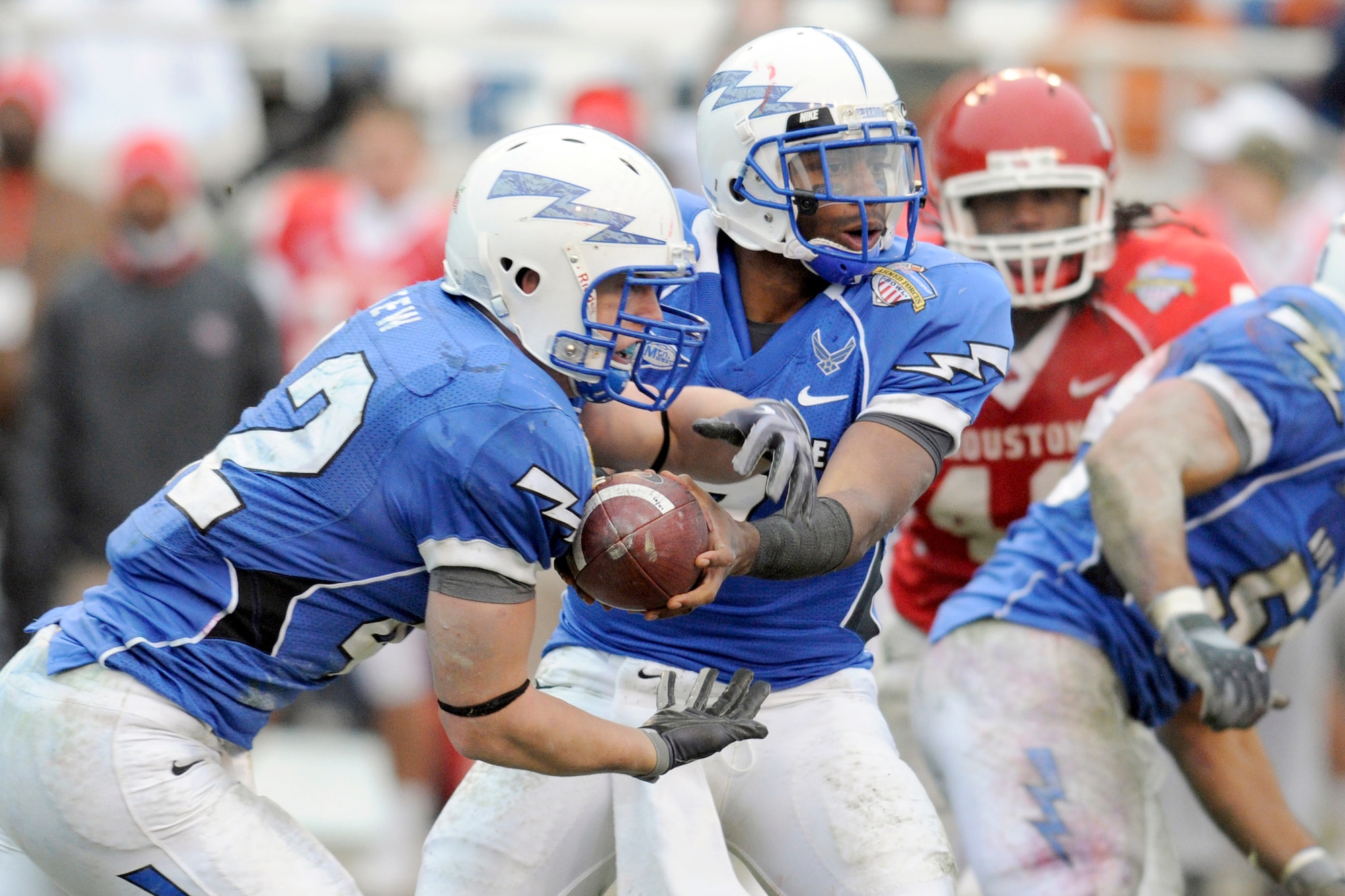What Every Retro Bowl College Teams Must Find out about Facebook
Introduction:
Retro Bowl College: a name that brings nostalgia to those who love classic video games. Now imagine combining that beloved gameplay with the pursuit of higher education. This theoretical article explores the concept of Retro Bowl College, a merging of old-school gaming and modern academia, giving students an innovative and immersive learning experience like never before.
Bringing the Game to the Classroom:
Education has come a long way from traditional textbooks and lectures, with gamified learning gaining significant popularity. However, the integration of video games into the curriculum, especially one as iconic as Retro Bowl, offers students an entirely unique and engaging educational platform. By reimagining gameplay and applying it to higher education, Retro Bowl College brings forth a fresh approach to learning.
The Academic Experience:
At Retro Bowl College, students step into the shoes of aspiring football coaches, managing a team through multiple seasons just like in the classic video game. However, instead of solely focusing on game results, the emphasis is on simulating real-world situations and challenges faced by coaches. Students are required to make strategic and tactical decisions, deal with budget constraints, analyze player attributes, and develop effective game plans.
The curriculum at Retro Bowl College encompasses various subjects that go beyond the realm of football. Students take courses in mathematics, statistics, psychology, leadership, and even business management. The game’s simulation aspect ensures that these academic concepts are not just theoretical exercises but are applied practically in a football context, making learning simultaneously enjoyable and relevant.

Retro Bowl College harnesses the power of multiplayer connectivity, allowing students to interact with their peers in real-time games and team challenges. By working together to strategize and achieve common objectives, students enhance their communication and teamwork skills. The competitive nature of the game fosters healthy rivalries between students, further motivating them to improve their performance and ascend the ranks.
Real-World Application and Career Opportunities:
One of the unique aspects of Retro Bowl College lies in providing students with exposure to authentic coaching scenarios. Apart from the virtual gameplay, the college actively partners with local high schools and community teams, enabling students to gain hands-on experience in coaching real-life football teams. This experiential learning not only develops practical skills but also provides a pathway for aspiring coaches to enter the field with confidence and readiness.
Conclusion:
Retro Bowl College successfully bridges the gap between gaming and academia by bringing the popular Retro Bowl gameplay into higher education. By combining academic concepts with a virtual football coaching experience, students are offered an innovative, immersive, and dynamic learning environment. The interactive nature of the game promotes collaborative learning, while the real-world application of skills enhances students‘ career prospects within the sports industry. Retro Bowl College exemplifies the potential of gamified education, inviting students to embrace the past while preparing for the future.
Leave a comment